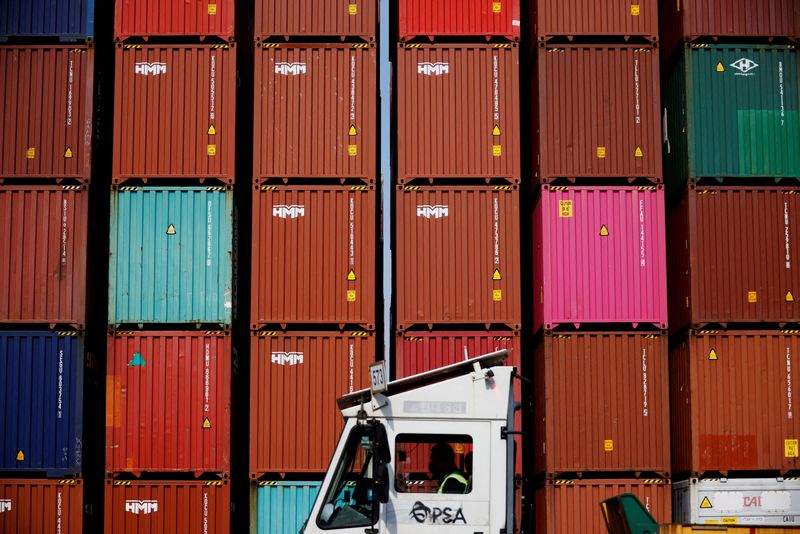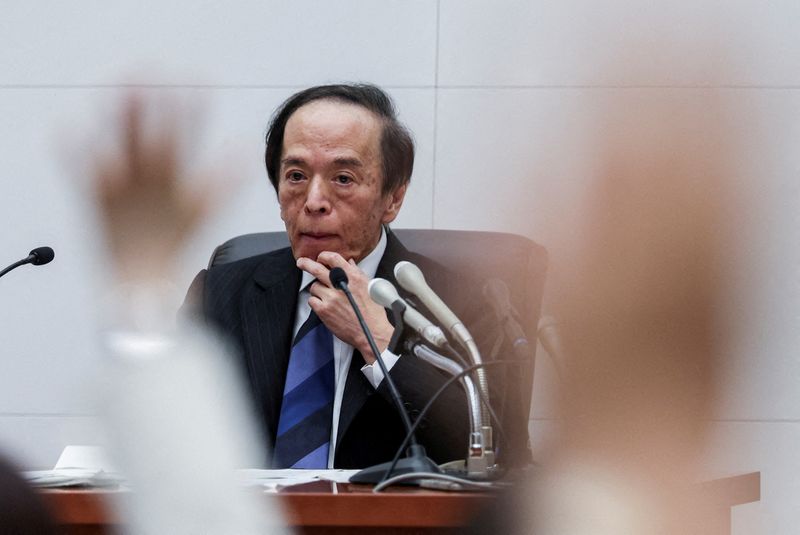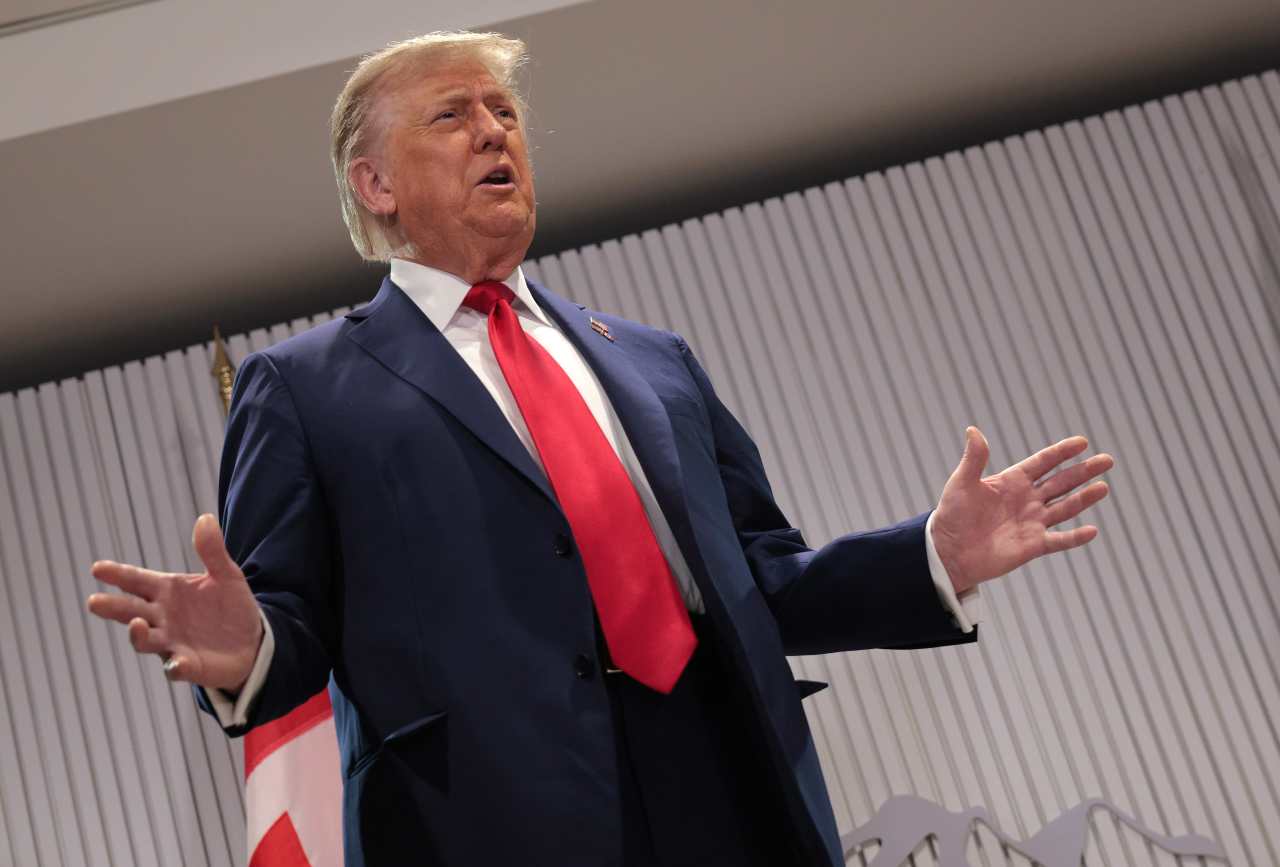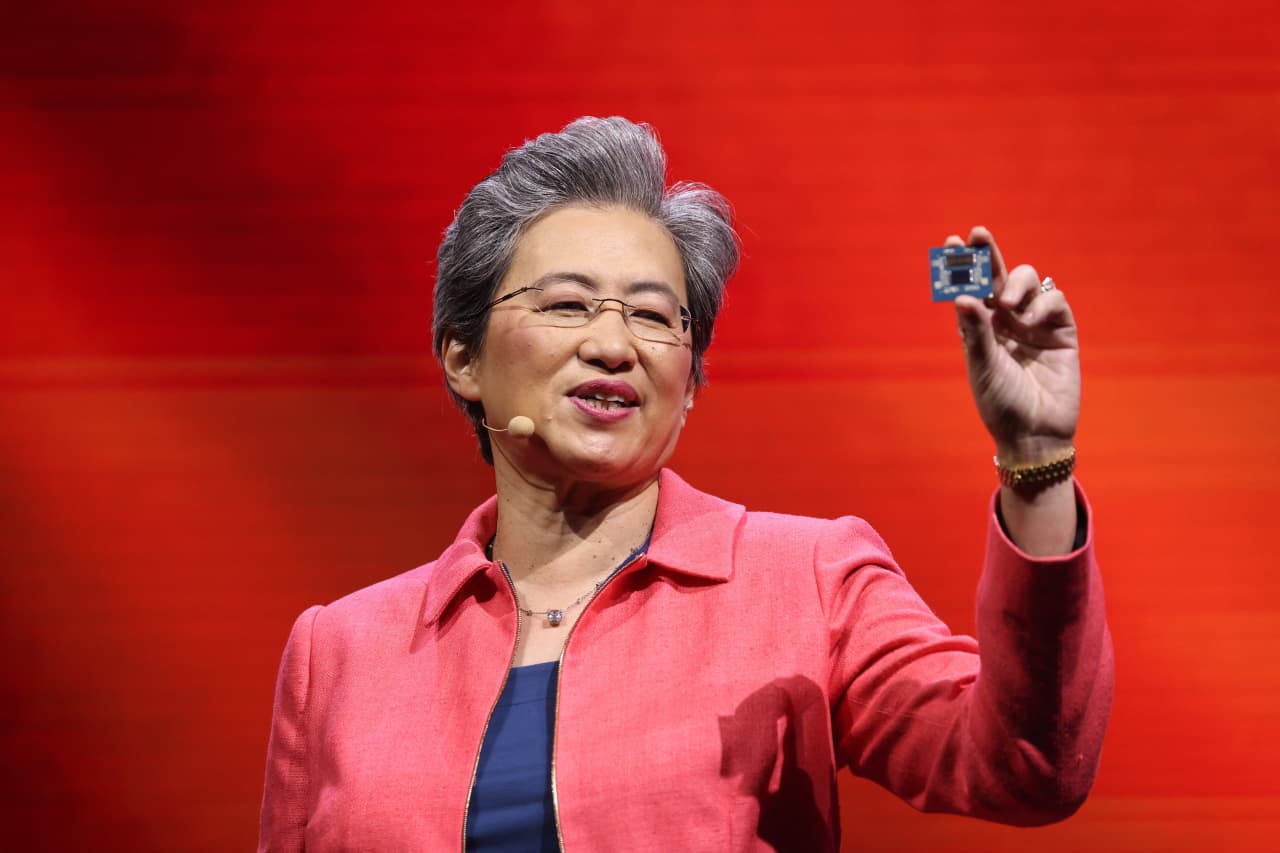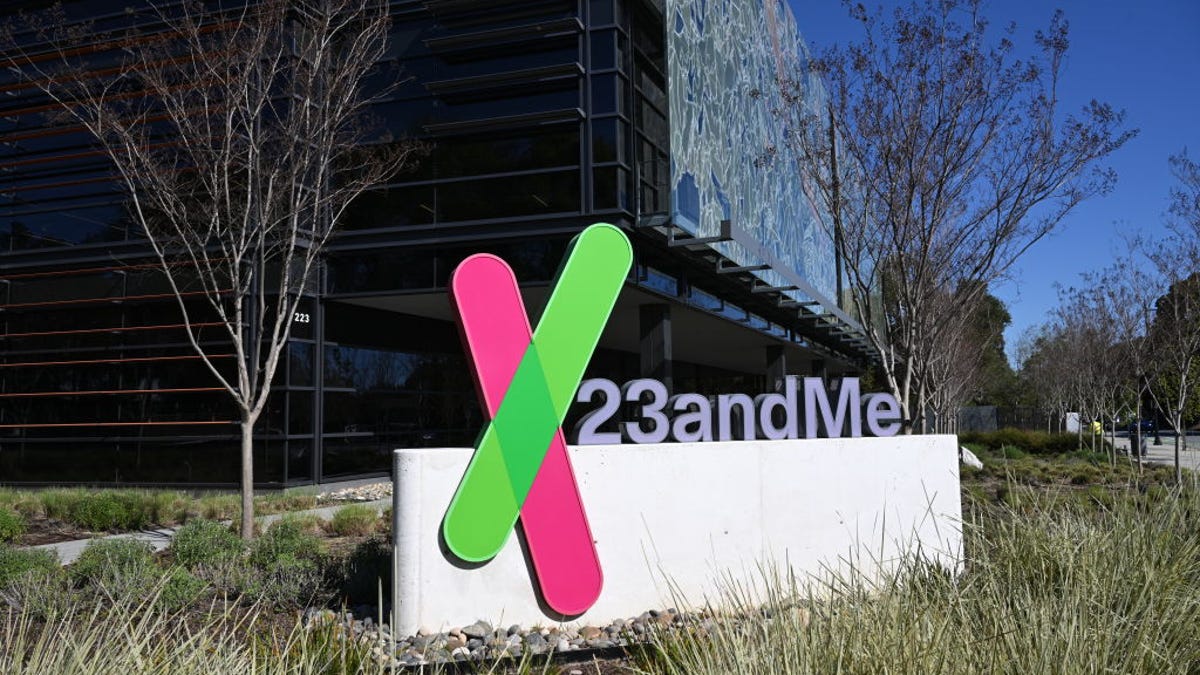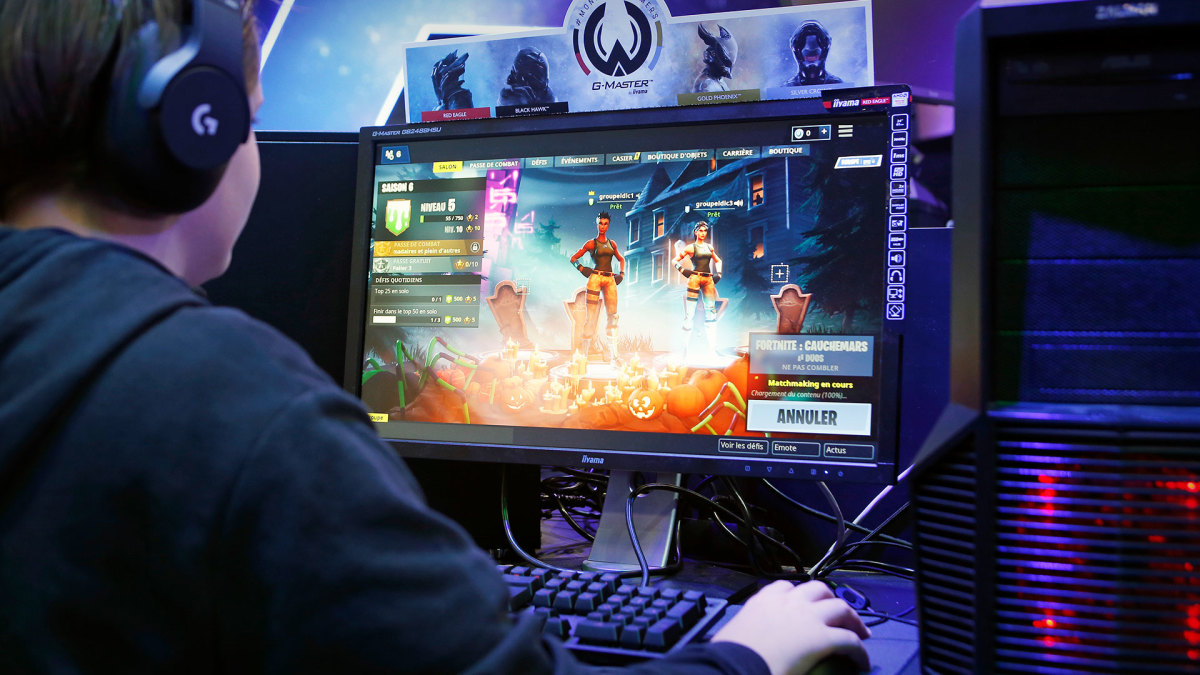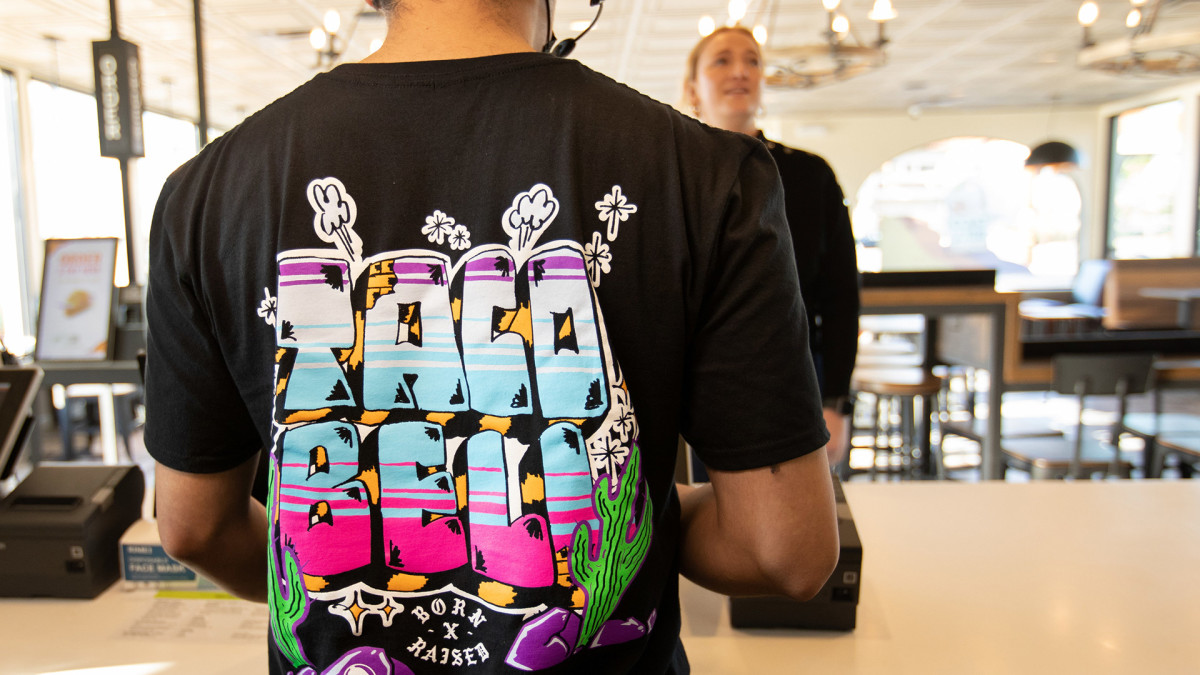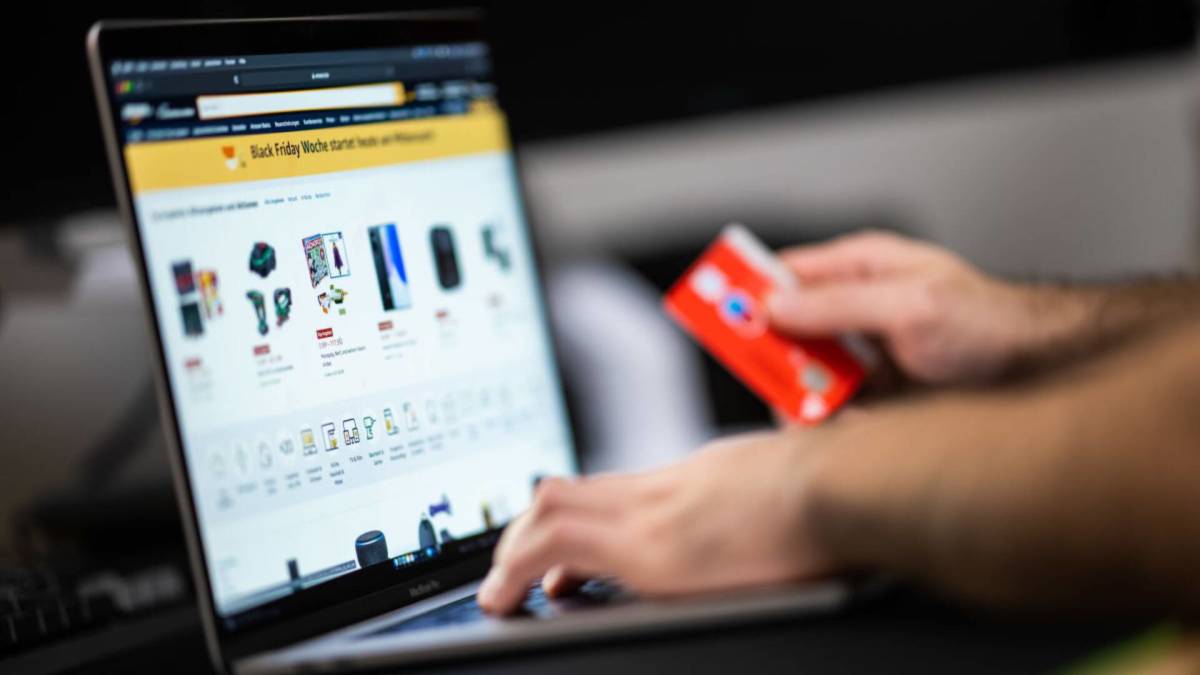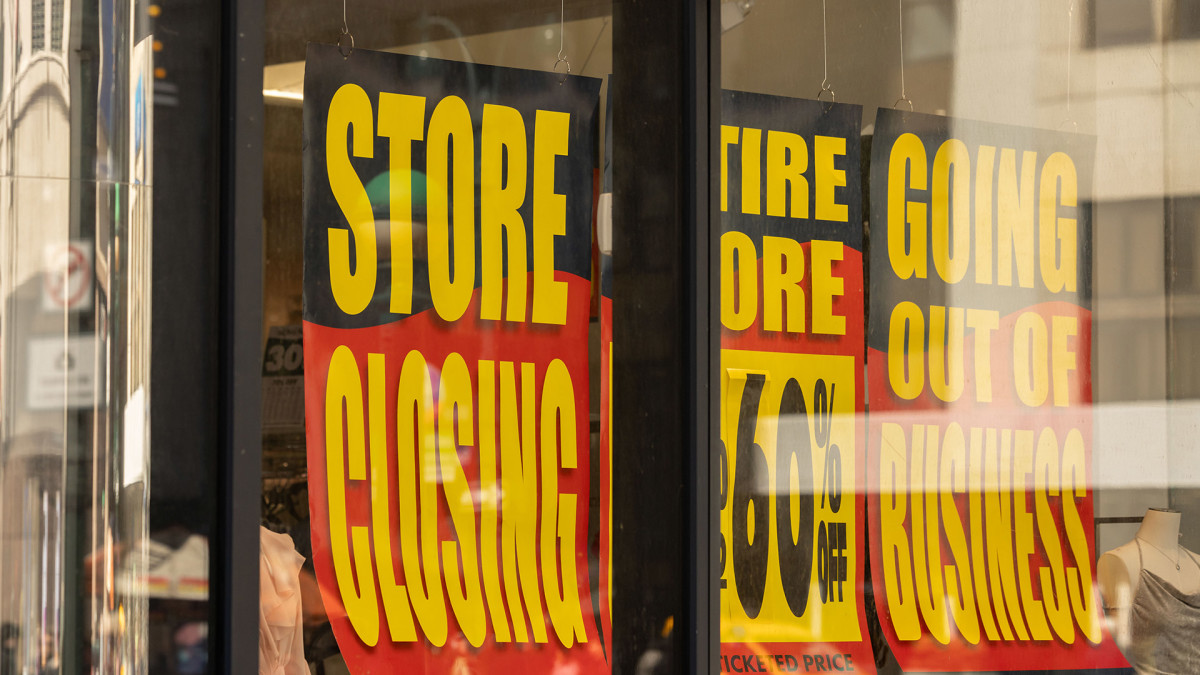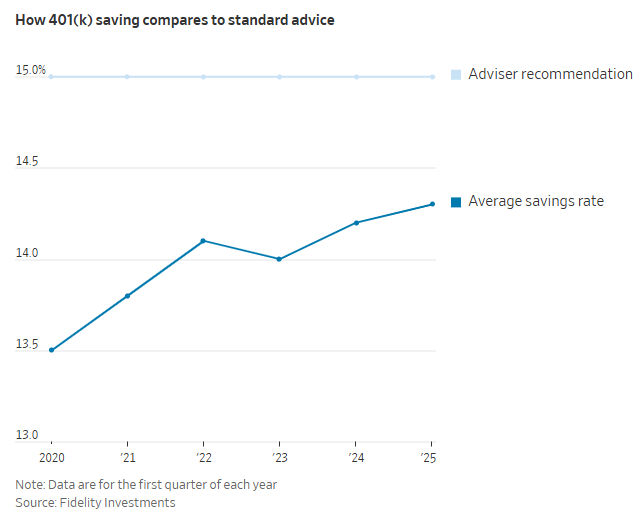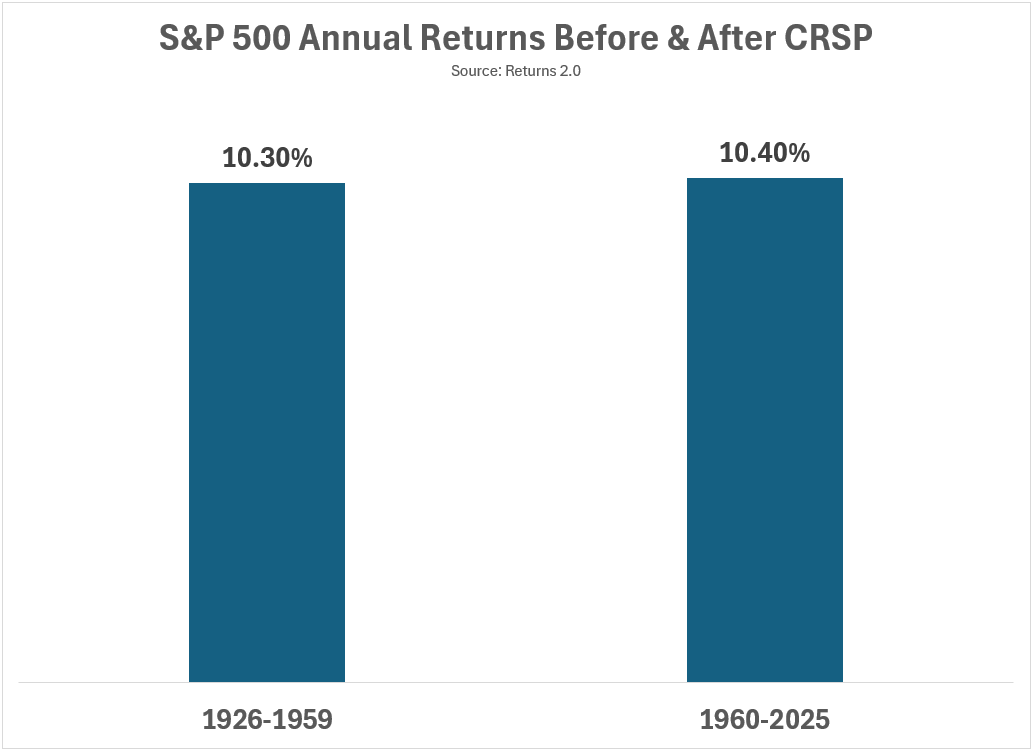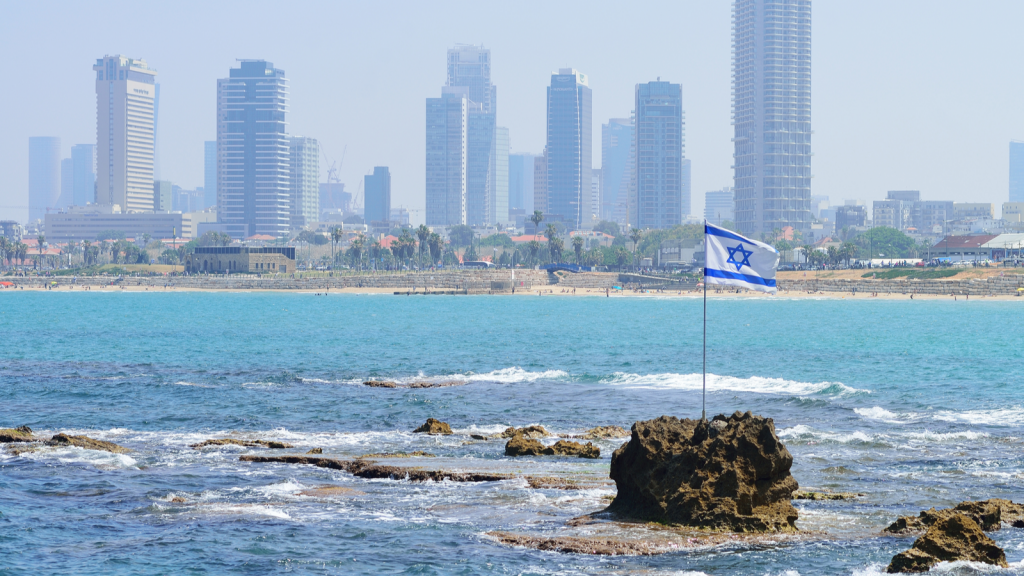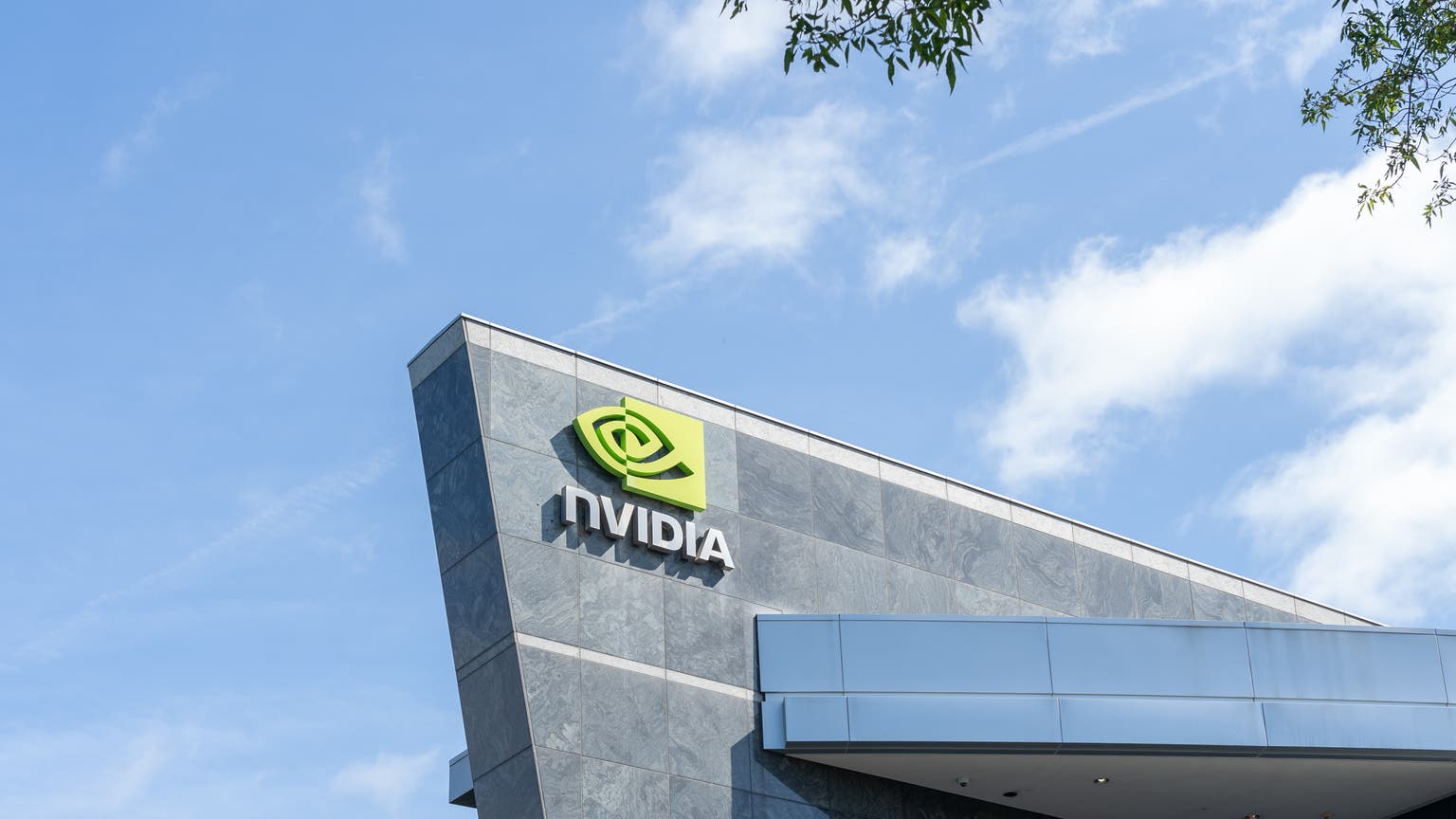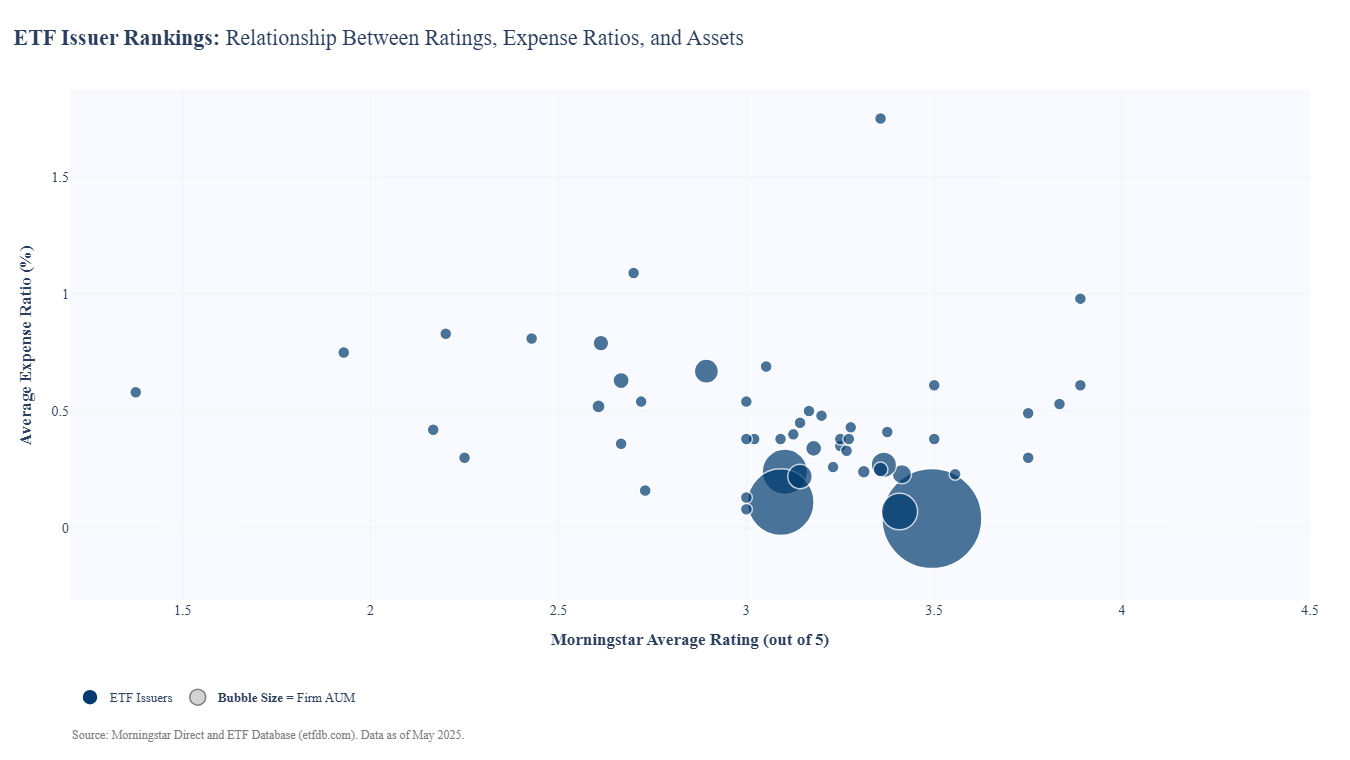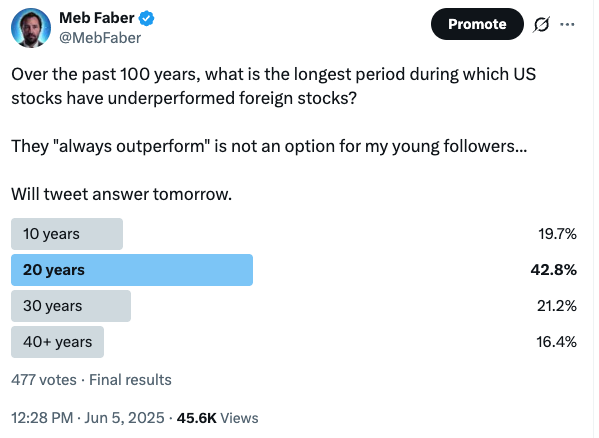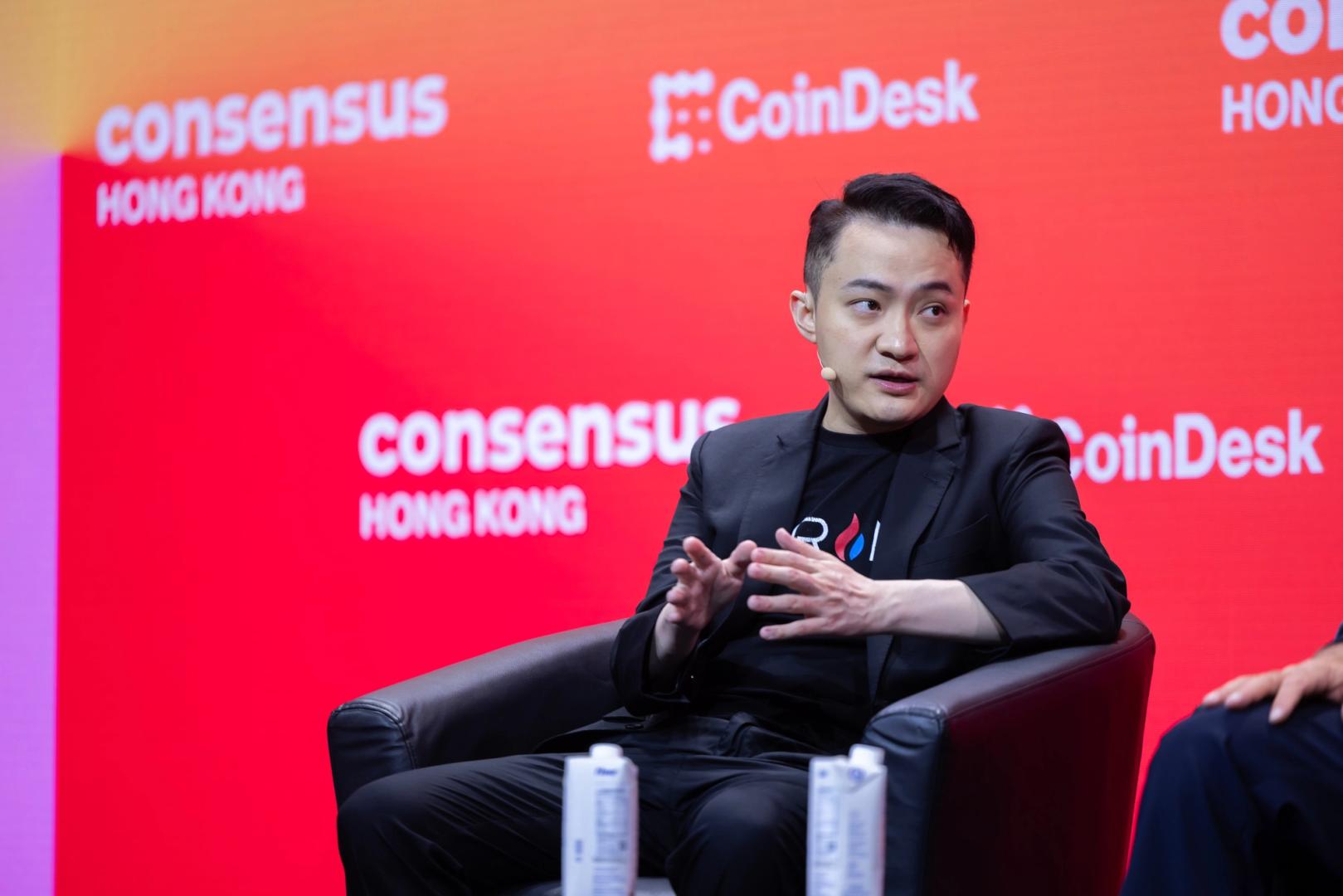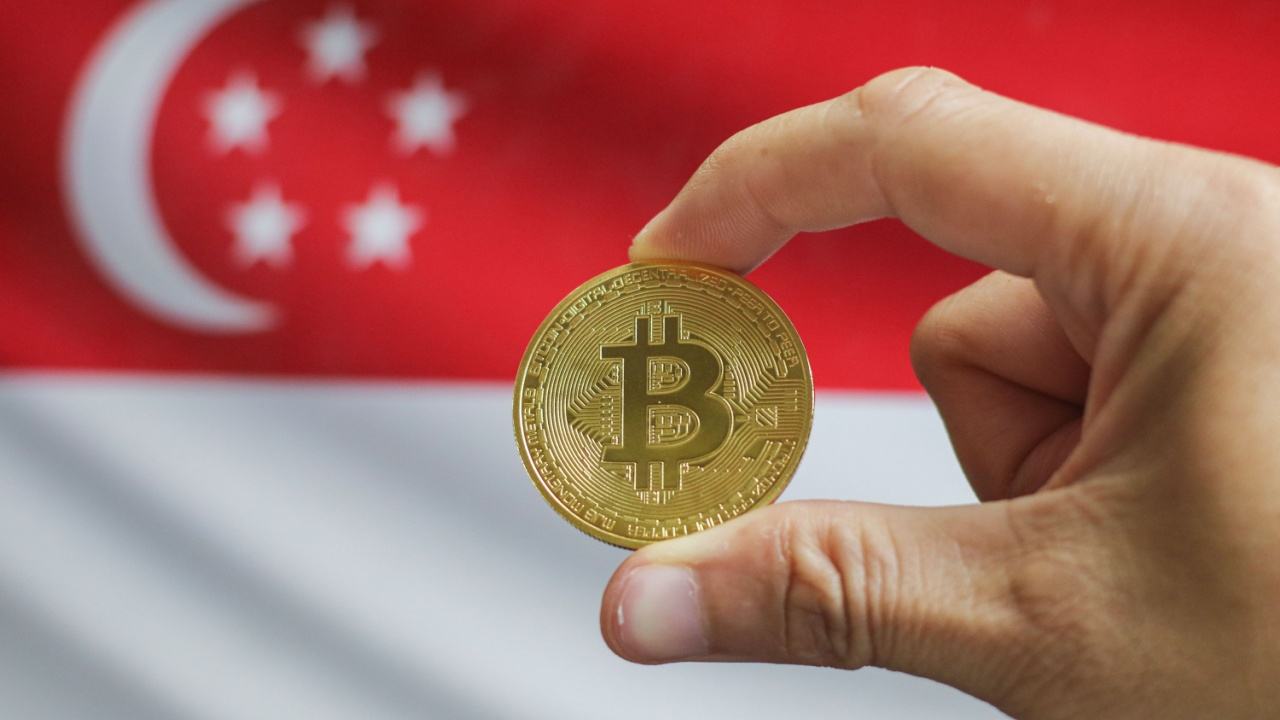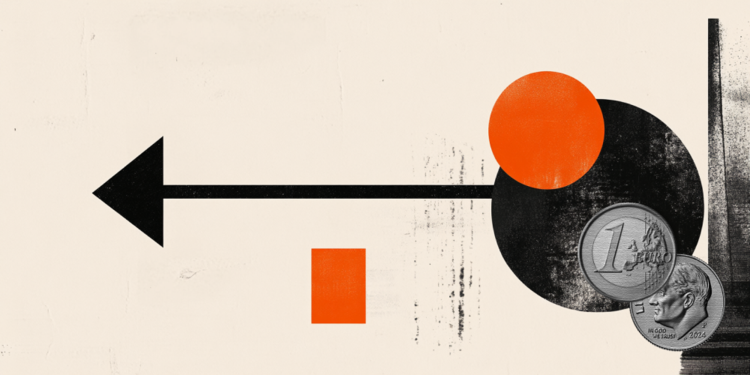GoTo, Indonesia’s onetime tech darling, banks on fintech for its second wind
GoTo's recent actions, such as announcing its fintech results ahead of on-demand services, show its priorities are changing.

The Southeast Asian super apps GoTo and Grab have a lot in common. Both started in the early 2010s to fill a hole in the on-demand, private-hire transport and delivery service sector before moving toward the idea of a super app (much like what is seen in China), later adjusting their strategies to streamline offerings.
Now, after a decade or so, Grab (No. 128 on the Fortune Southeast Asia 500) has arguably risen to the top. The firm’s on-demand services are available in eight of Southeast Asia’s 11 countries, while GoTo’s on-demand arm, Gojek, is lagging in the sector’s market share and has exited all Southeast Asia markets for on-demand services save for Singapore and its home market, Indonesia. But GoTo (No. 266) remains formidable in Indonesia, the region’s largest market—so much so that the rumor mill is spinning with talk of Grab seeking to buy some, or nearly all, of its chief competitor.
Grab has denied reports of acquisition talks. And even if GoTo were to agree to sell its on-demand services to Grab, the deal would likely need to be cleared by regulators in Singapore and Indonesia. Still, the very fact that the topic has drawn so much attention signals a recognition that GoTo has lost the on-demand sector battle. Instead, the company is making a big bet on fintech to drive future growth.
With “G” names, green branding, and ride-hailing roots, Grab and GoTo have long been locked in rivalry. Grab’s ascendance to a position in which it can snap up slices of GoTo’s business can be traced back to how the two companies diverged from their early days, eventually leading to Grab’s regional expansion and GoTo’s regional retreat to focus almost entirely on its home market.
Grab, established in 2012 as MyTeksi in Malaysia, moved quickly to expand into other Southeast Asian countries: It entered the Philippines, Singapore, and Thailand in 2013, and Vietnam and Indonesia a year later. GoTo, founded in 2010 as Gojek in Indonesia, didn’t expand into Vietnam until 2018, entering Singapore and Thailand the following year.
But it made commercial sense for Gojek to entrench itself in its home turf first, says Daniel Seah, an assistant professor of law at Singapore Management University, whose research areas focus on technology. “The size of the Indonesia market is the bee’s knees within Southeast Asia,” he adds. “Over 50% of the population is under 30 years old, and it has one of the highest mobile and internet penetrations within the region.”

Whereas Grab focused on “horizontal expansion,” involving strategic acquisitions and fintech infrastructure, Seah explains, GoTo focused on “vertical depth” in Indonesia’s market. Fortune Asia’s executive editor Clay Chandler chronicled the battle between the rivals in 2019, with a similar finding: Grab preferred partnerships and joint ventures that allowed it to reach more markets faster, while Gojek opted for partnerships through acquisition that enabled tighter control of its home market.
Gojek’s then CEO, Nadiem Makarim, believed the super-app model would win in the long run. He quickly expanded its suite of offerings, creating several other services like GoMassage, GoClean, and GoGlam. Although Grab also created its own set of services, it more quickly pivoted away from them, saving costs at an earlier stage.
“The size of the Indonesia market is the bee’s knees within Southeast Asia. Over 50% of the population is under 30 years old.”Daniel Seah, Assistant Professor of Law, Singapore Management University
In 2018, Grab acquired Uber’s Southeast Asia operations, which “strengthened its regional dominance,” Seah says. “This strategy consolidated its market share, early user acquisition, and cross-border brand entrenchment across Southeast Asia.”
Etta Rusdiana Putra, an analyst at Maybank Sekuritas Indonesia, says that working with the likes of Uber allowed Grab to gain expertise at a faster pace and learn from the previous failings of its partners. He also pointed to under-the-hood investments: “One of the key aspects is about the platform itself, meaning it’s the cost of maps and cost per order.”
Grab built its own hyperlocal mapping system, and has been using it since late 2022. It has said on earnings calls the improved efficiency and accuracy have resulted in cost savings.
Meanwhile, Gojek was steadfast in building out in Indonesia. It evolved into GoTo in May 2021, merging with Tokopedia, Indonesia’s leading e-commerce company, to form Indonesia’s biggest tech startup.
The rationale was perhaps obvious: Collaboration would allow both Gojek and Tokopedia to tap into their user base for GoTo’s own financial services, a business where margins are higher. But while teaming up with an e-commerce venture seemed good in theory, external factors posed significant challenges.
TikTok entered the e-commerce business in Indonesia in April 2021, changing the landscape. Owned by China’s ByteDance, it’s a behemoth compared with GoTo in terms of financial resources, pumping in money to drive consumer habits toward social commerce. Indonesia quickly became an important market for TikTok Shop, whose success prompted the Indonesian government to ban its operations in late 2023 when Jakarta accused TikTok Shop of predatory tactics.
Fintech focus: GoTo is prioritizing the development of its financial arm
$344.8 million
The value of GoTo’s consumer loan book for Q1 of 2025
108%
The increase in GoTo’s consumer loan book from the same period last year
Source: GoTo earnings call
David vs. Goliath competition aside, there’s also the question of whether moving earlier into Singapore, a high-income country with a small population, instead of focusing heavily on Indonesia, the region’s largest economy but whose GDP per capita pales in comparison with Singapore’s, would have helped GoTo.
Last October, Kevin Aluwi, one of Gojek’s cofounders and now a venture partner at Lightspeed, argued that Singapore is Southeast Asia’s most important market. He claimed that while the city-state had 1% of Southeast Asia’s population, it contributed 23% of Grab’s revenue in 2023. The country had the highest concentration of what he called “power users,” consumers with enough income to spend on comfort and experiences. Aluwi pointed to data compiled by the World Bank: The monthly per capita income of Singapore residents was $5,957 in 2023 compared with $388 in Indonesia.
So while Indonesia, with its large population and annual average GDP growth of 4.2% from 2015 to 2024 represents an attractive market, Singapore was arguably an easier market for a startup focused on providing services requiring frequent consumer spending. While Aluwi was still optimistic about Southeast Asia’s growth potential, he noted it’s a diverse region made up of individual economies at varying stages of development.
The pandemic ended the mid-to late-2010s easy venture fund money for tech startups as investors looked for more immediate returns on investments and exit strategies. GoTo consequently wound down its suite of non-finance and non-mobility-related services over a three-year period, allowing it to save on incentives.
Its shareholders also appointed Patrick Walujo, one of Gojek’s early backers, as CEO in 2023. His focus: turning GoTo’s finances around. In its two most recent quarters, the company’s on-demand services turned positive on an adjusted earnings before interest, taxes, depreciation, and amortization (Ebitda) basis.
Indonesia’s TikTok Shop ban also presented an opportunity. In early 2024, TikTok resumed its e-commerce operations in the country after buying a 75.01% stake in Tokopedia worth $1.5 billion. Analysts Fortune spoke to said the deal enabled Walujo to monetize an expense-heavy platform, allowing GoTo to receive an e-commerce service fee every quarter.
Niko Margaronis, a former research analyst at BRI Danareksa Sekuritas, says Walujo also made the company more “focused” after going through different leaders who emphasized growth and valuations. “Under Patrick, it’s a very clear distinction of transiting from growth toward a cycle of profitability. GoTo has improved significantly and is more focused toward efficient operations,” he says.
A big part of that focus is a pivot to fintech, GoTo’s long-term play regardless of whether it retains its on-demand services business or gets bought out by Grab or another company. On an October 2024 earnings call, GoTo started reporting its financial services results ahead of its on-demand services business, signposting where the company’s attention is directed.
GoTo’s consumer loan book grew to 5.72 trillion rupiah ($344.83 million) for the three months ended March 2025, a 108% increase from the same period the year before. Its financial services are also positive on an adjusted Ebitda basis.
While GoTo’s on-demand services and financial services segments are adjusted Ebitda positive, analysts see a longer runway for GoTo’s fintech arm, even if it’s starting from a lower base. “Financial inclusion in Indonesia is relatively low,” notes Margaronis.
A 2023 ISEAS–Yusof Ishak Institute report estimates that about 80% of Indonesia’s population is either unbanked or underbanked—exactly the kind of market where a smartphone-friendly fintech provider can thrive.
To put things in perspective, Bank Mandiri, ranked No. 23 on the Fortune Southeast Asia 500, has about 41.7 million accounts for 35 million customers as of March 2025. Bank Central Asia, ranked No. 36, also has about 41 million accounts. These large Indonesian financial institutions have also entered the digital finance space, but GoTo’s advantage is that it’s a tech-first company not bogged down by legacy banking services and systems.
GoTo created a stand-alone GoPay app in July 2023, months after Walujo joined. It uses less mobile data, making it easier to access for those in developing cities outside Jakarta using less powerful smartphones.
Many businesses in Indonesia also accept e-wallet payments, and GoTo’s payment platform is accepted in many parts of the country. The hope, then, is for GoTo to convert those using its e-wallet into banking customers, whether they are drivers; micro, small, or medium e-commerce enterprises; or just people buying stuff online or booking rides.
GoTo holds a 22% stake in Bank Jago, which allows users to access banking services, such as savings accounts. Regular digital banking activities would then allow GoTo to accumulate data that could augment its existing consumer loan business and possibly enable it to provide other services like investment and insurance products. Loans can be a revenue driver, as fintechs sometimes charge higher interest rates to cover the increased risks of lending to people traditional banks often don’t extend loans to.
The fintech focus also comes at a time when GoTo is setting its sights solely on the Indonesian market; GoPay is a for-Indonesia play.
Yet the fintech bet comes with challenges. Any potential deal involving Gojek is still uncertain; Walujo told the Financial Times in March he was open to anything that enhances shareholder return in the long term.
It’s also unclear if any deal will affect operations with TikTok through Tokopedia. GoPay is currently available as a payment option on TikTok Shop, which gives GoTo user data to build credit profiles. Losing access to that, coupled with the loss of access to Gojek data, could make customer acquisition more expensive. And the middle-income squeeze in Indonesia amid rising costs and a stagnant job market means people might not even have enough cash to save.
So while financial services may be the calculated long-term bet, the question remains if the Indonesian market is ready for such a service from a tech startup. And if it isn’t, that could make GoTo even more vulnerable to a takeover.
On May 7, a Reuters report quoting anonymous sources said GoTo would sell off its entire international unit and operations in Indonesia except for its fast-growing finance arm. When Fortune reached out for comment, Grab declined to discuss any deal-related reports, and GoTo pointed to a May 8 filing on the Indonesia stock exchange. In it, the company’s secretary, R.A. Koesoemohadiani, said GoTo receives offers from various parties from time to time, but had not decided on offers that may have been known or received by the company at the date of disclosure. In June, Grab went further, denying that it had been involved in acquisition talks related to GoTo.
As GoTo deal speculations continue to swirl, one thing is certain: The Indonesian startup is preparing itself for a slimmed-down fintech future, a sector where the reward may be substantially higher than in the ride-hailing space.
This articles appears in the June/July 2025: Asia issue of Fortune with the headline “A second life for a super app.”
This story was originally featured on Fortune.com
